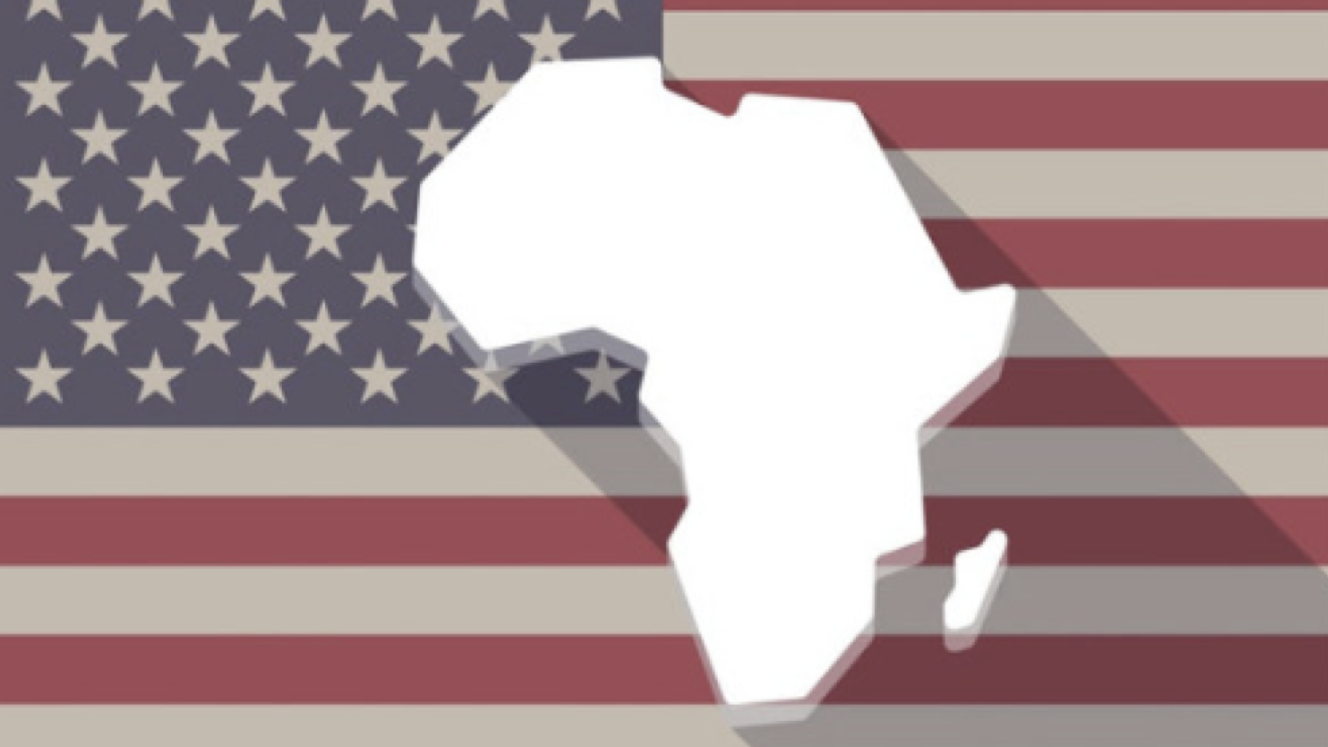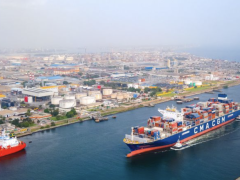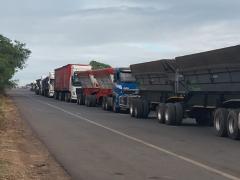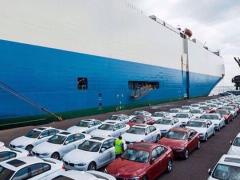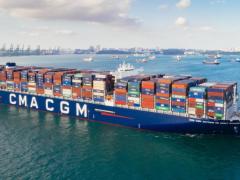African countries face a heavy financial blow, especially the textile and apparel sector, which will be the hardest hit in the coming months after the African Growth and Opportunity Act (Agoa) expired this week.
Agoa has provided duty-free access to the US market for goods from 32 African countries for a quarter of a century, fostering economic growth, job creation and stronger trade ties.
Eligible countries made use of it in different measures, but on the whole, it has been mutually beneficial, said Pamela Coke-Hamilton, executive director of the International Trade Centre (ITC) this week.
African countries, which are already feeling the weight of new trade measures, from the latest tariffs to sustainability requirements, will feel the blow if Agoa, which expired on September 30, is not renewed.
“Access to key markets is becoming more difficult and African countries – especially the least developed – are feeling the strain,” Coke-Hamilton said.
“Take Lesotho. Nearly 60% of its apparel exports go to the US, worth over $230 million annually. Under Agoa, those goods entered the US market duty-free. Today, they face a 15% tariff.
“That may sound small, compared with the initial 50%, but this move has led to cancelled orders, lost jobs and reduced competitiveness vis-à-vis neighbours like Kenya and Eswatini, which face a 10% rate. Lesotho’s textile industry employs 40 000 people. This is affecting real people, real lives.”
South Africa tells a similar story, Coke-Hamilton said.
“Citrus producers, representing 140 000 farm-level jobs, now face a 30% duty – the highest on the continent – on top of pre-existing tariffs,” she said.
“Looking at cars, passenger vehicle exports to the US dropped nearly 40% year-on-year in the second quarter of 2025, according to our data. We found the country’s overall exports to the US could drop 17% by 2029. South Africa is the US's biggest trading partner on the continent, so this would have a knock-on effect on American manufacturers.”
Should Agoa not be renewed, Coke-Hamilton believes the hardest-hit sector on the continent would be apparel and textiles.
“Our data shows that tariffs alone reduce exports by Agoa countries to the US by 11% by 2029. Add to that the end of Agoa, and that figure reaches 21%. Other labour-intensive sectors – leather, footwear, processed foods and beverages – also stand to lose ground,” Coke-Hamilton said.
“As we look ahead, this is not just a question of preferences lost or reduced market access. It is a test of how African economies will respond. African countries can take this opportunity to fully commit to diversifying beyond traditional sectors and markets, processing goods before export and strengthening trade within the continent.
“This is about playing the long game, and the African Continental Free Trade Area is our best tool to do so. It can unlock regional markets, attract investment and reduce dependence on any one trading partner.”
Coke-Hamilton adds that Agoa is about trade, not aid.
“It has benefited both African exporters and US-based manufacturers. But it's high time Africa put Africa first by strengthening regional value chains and by ensuring even the smallest of businesses have a role at the centre of this transformation,” she said.
